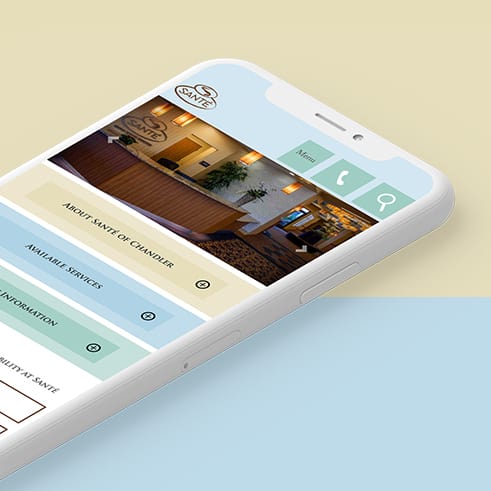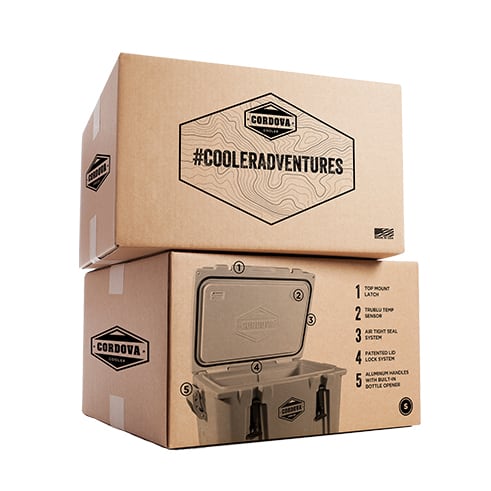In today’s digital age, there is zero question that having a website is essential for individuals, businesses and organizations of all sizes. To be frank, is not having a website even an option anymore? Whether you want to showcase your portfolio, promote your brand, or sell products online, a well-designed and optimized website is arguably just as critical to the success of a business as any physical space. In this comprehensive “101 guide” below, we’ll explore the basics of website production, covering key website components, types of website and how to build an e-commerce website to sell products effectively.
Key Website Components
Before diving into the website production process, it’s crucial to understand the basic and fundamental components that make up a website:
- Domain Name:
- This is your website’s address on the internet, like “YourBusinessName.com”.
- Choose a domain name that is relevant to your brand or purpose and easy to remember.
- Web Hosting:
- A web hosting service stores your website’s files and makes them accessible to users.
- Options include shared hosting, VPS (Virtual Private Server), and dedicated hosting.
- Content Management System (CMS):
- A CMS simplifies website creation and management. Popular CMS platforms include WordPress, Joomla, and Drupal.
- WordPress, in particular, is user-friendly and widely used for its flexibility and extensive plugin library.
- Web Design:
- Your website’s visual layout and user interface.
- Consistent branding, a responsive design for mobile devices, and user-friendly navigation are essential.
- Content:
- High-quality text, images, videos, and other media that inform and engage your audience.
- Ensure content is relevant, well-organized, and regularly updated.
- SEO (Search Engine Optimization):
- Techniques to improve your website’s visibility in search engine results.
- Includes keyword research, on-page optimization, and backlink building.
- Security:
- Protect your website and user data with SSL certificates, regular updates, and strong passwords.
- Implement security plugins and follow best practices to prevent hacking.
- Analytics:
- Tools like Google Analytics provide insights into your website’s performance, visitor demographics, and user behavior.
- Use these insights to make informed decisions and optimize your site.
Types of Websites
Websites come in various types, each serving a different purpose. Here are some common website categories:
- Personal Websites:
- Used for personal branding, blogs, portfolios, or online resumes.
- Showcase your skills, experiences, or hobbies.
- Business Websites:
- Promote products, services, or a brand.
- Provide information about the company, contact details, and customer support.
- E-commerce Websites:
- Designed to sell products online.
- Features include product listings, shopping carts, payment gateways, and order tracking.
- Blogging Websites:
- Focus on regularly publishing articles or posts.
- Engage readers with valuable content and build a loyal audience.
- Portfolio Websites:
- Display work, art, or creative projects.
- Attract potential clients or employers.
- Nonprofit Websites:
- Promote a cause, raise funds, and engage volunteers.
- Share stories, events, and ways to support the organization.
- Educational Websites:
- Deliver online courses, tutorials, or educational resources.
- Enhance learning experiences for students of all ages.
Building a Website to Sell Products
Creating an e-commerce website to sell products involves a unique set of considerations and takes time and effort, but with the right strategy and tools, you can create a thriving online business. Here’s a step-by-step guide to help you get started:
- Define Your Niche and Products:
- Identify your target market and the products or services you want to sell.
- Conduct market research to understand your competition and customer preferences.
- Choose the Right E-commerce Platform:
- Select an e-commerce platform that suits your needs. Popular options include Shopify, WooCommerce (for WordPress), BigCommerce, and Magento.
- Consider factors like scalability, customization options, and payment gateways.
- Register a Domain Name:
- Choose a domain name that reflects your brand and is easy to remember.
- Ensure it’s relevant to your niche and not too long.
- Set Up Web Hosting:
- Find a reliable web hosting provider that offers the resources your e-commerce site needs to perform well.
- Ensure the hosting service can handle e-commerce-specific features like secure transactions and product databases.
- Design Your Website:
- Opt for a professional and user-friendly design.
- Use high-quality product images and descriptions.
- Make sure your site is mobile-responsive for a seamless experience on all devices.
- Configure E-commerce Features:
- Add essential e-commerce features like shopping carts, product catalogs, and payment gateways.
- Implement secure payment options such as credit cards, PayPal, and digital wallets.
- Ensure Security:
- Protect customer data with SSL certificates.
- Regularly update your website’s software and plugins to patch vulnerabilities.
- Optimize for SEO:
- Conduct keyword research to optimize product descriptions and meta tags.
- Create valuable content around your products to attract organic traffic.
- Test and Launch:
- Thoroughly test your website’s functionality, including the checkout process.
- Fix any bugs or issues before launching.
- Market Your Website:
- Utilize digital marketing strategies such as social media, email marketing, and pay-per-click advertising.
- Build a strong online presence through content marketing and social engagement.
- Monitor and Optimize:
- Regularly analyze your website’s performance with analytics tools.
- Make data-driven decisions to improve user experience and increase conversions.
In this guide, we’ve explored the fundamental components of website production, various types of websites, and the process of building an e-commerce website to sell products. Whether you’re a beginner or an experienced web developer, understanding these basics is essential for creating a successful online presence. Remember that a well-designed website, coupled with effective marketing and ongoing optimization, can help you achieve your online goals, whether that’s sharing your personal passion or building a thriving e-commerce business.
We’re That Agency.
Partnering with a marketing agency to help you and your brand with building a website that works for you, your customers and your business goals can be a transformative and essential step for your brand. If you’re looking for a digital marketing partner to assist your team with website development and more, contact us today! Commit Agency is a full-service advertising agency located in the Phoenix, Ariz., metro area that believes thoughtfully designed consumer interactions informed by a well-defined brand create moments worth remembering and sharing.





















